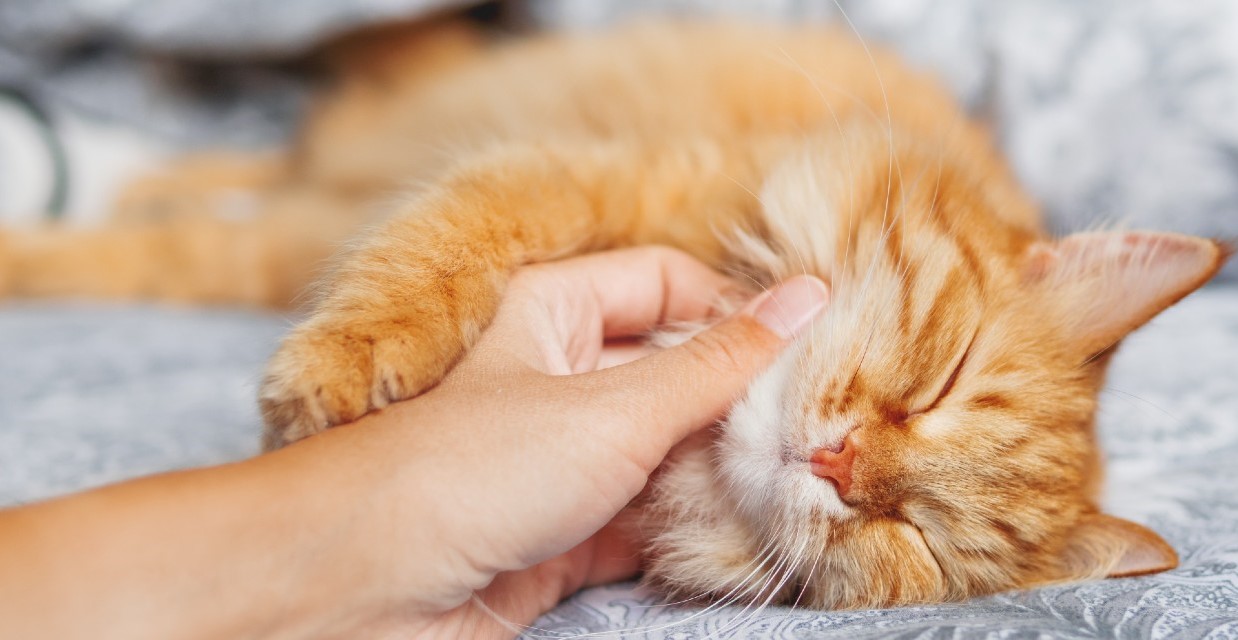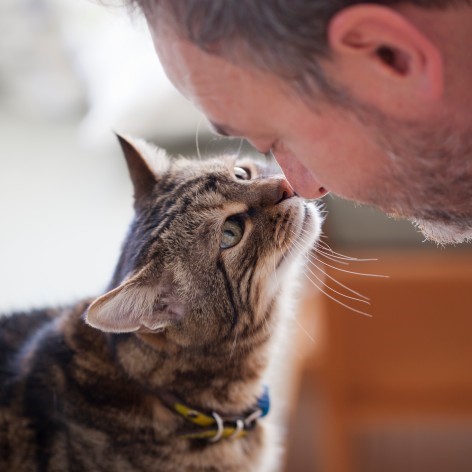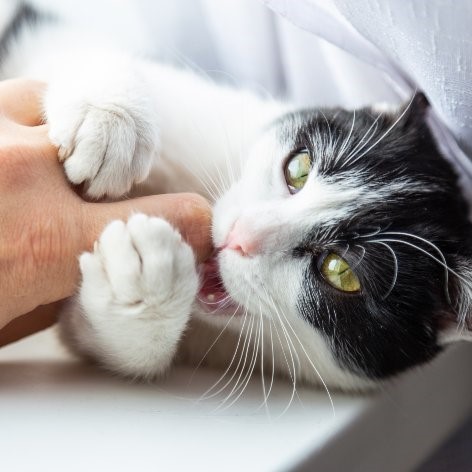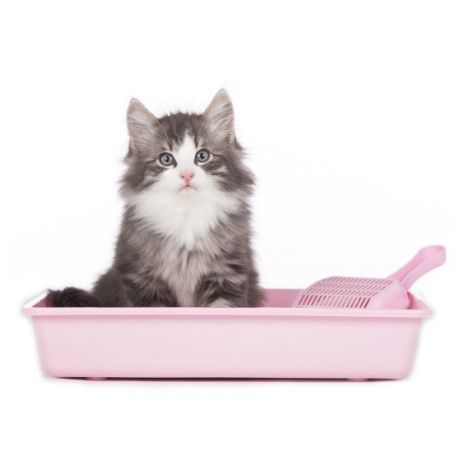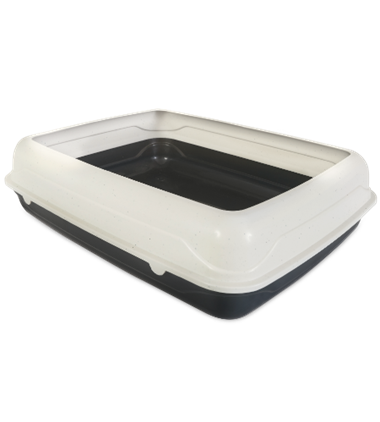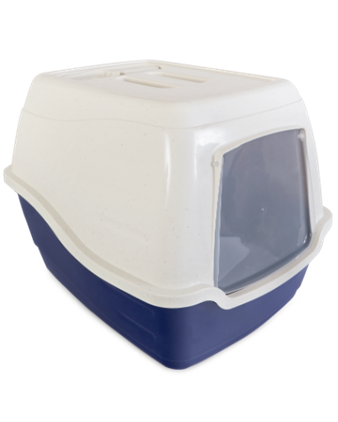Purring is one of the most endearing and pleasurable behaviours a cat does, and we typically assume it means they are feeling happy, relaxed and content. While this may be true, research suggests that cats actually purr for a few different reasons and some of them may surprise you.
How do cats purr?
Cats purr using their voice box. When they breath, the air vibrates over the laryngeal muscles of their larynx, producing the purring sound.
Cats purr when they inhale and exhale at a frequency between 25 and 150 Hertz. Some cats can purr very loudly whilst others have a softer sounding purr.
All domestic cats purr as do some of the big cat species including cheetahs and pumas. However several of the big cat species including lions, tigers and leopards do not purr. This is due to a structural difference in their vocal cords.
Purring as Communication
Kittens start purring from just a few days of age, even before their eyes and ears open, and they initially use purring to communicate with their mother.
Throughout their lives cats purr to communicate to us and each other. They purr when they’re hungry to get us to feed them.
They purr when they interact with us or to illicit attention and affection and to promote bonding.
Cats can also adjust the sound of their purr for different purposes. For example, they can conceal an urgent sounding cry or meow in their purr at meal time when they’re hungry. This tends to result in their owner taking more notice and feeding them. Interestingly, cats also purr when we’re not there, suggesting that purring is not just for communication with people and that they perform the behaviour for other reasons.
Purring for Other Reasons
Some research suggests that cats may also purr as a form of self-soothing and even to promote healing. One study which looked at purring in domestic and some big cats including pumas and cheetahs found that they purr at frequencies that promote pain relief and even bone, muscle and tendon repair. Bone responds to frequencies between 25 and 50 Hz whereas skin and soft tissue repair occurs at about 100 Hz.
Cats may also purr when they’re stressed, such as during a vet visit.
Purring helps to release endorphins which have a calming effect.
How to Tell why your cat is Purring
The best way to tell why your cat is purring is to look at their behaviour, body language and the overall context.
If your cat is purring when you arrive home after an absence, they are likely happy to see you and would like some attention.
If it’s mealtime, they are probably purring because they are hungry and “asking” you to hurry up and feed them. Maybe they’re sitting on your lap in the evening having a pat. Purring at this time likely signals relaxation and contentment.
However, if your cat is purring and you notice other behaviours such as panting, pacing, agitation or lethargy your cat may be unwell, experiencing stress or anxiety or may be in pain. If this is the case, it’s important to take your cat to the vet for a check-up.
So the next time you hear your pet cat purring you’ll have a better understanding of why they’re doing it and what they’re trying to tell you.


